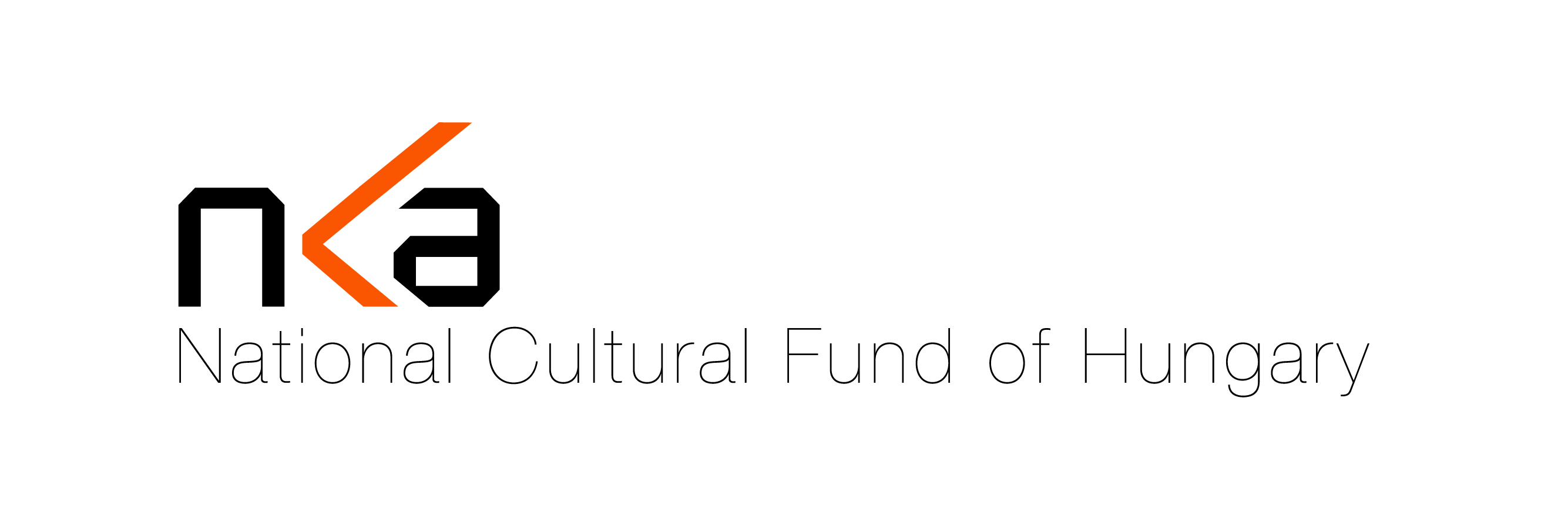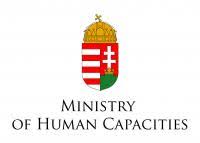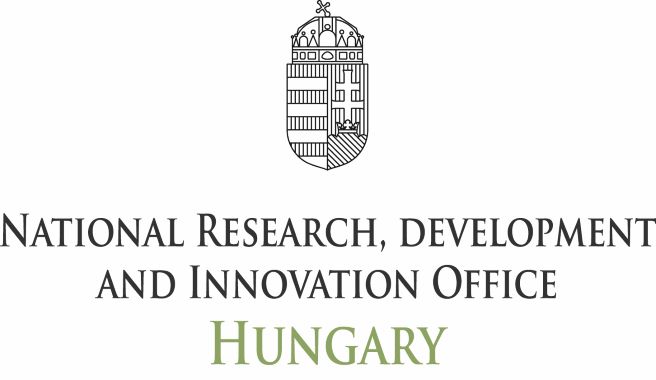”MUSIC BELONGS TO EVERYONE! But how can this be carried out? That is what I have been contemplating since I reached the ’mezzo del cammin’, the middle of my life.
These reflections […] cast light not only upon the past years of struggle, but also offer a glimpse into the future; the future herein envisioned, and perhaps always only just within reach.
[…] These reflections may manifest – as my testament.” (Let Music Belong to Everyone 1952) (Legyen a zene mindenkié 1952) (Translation by the author of the publication)
”Life Without Music is Incomplete”
”Without music no person is complete” (Educating an Audience 1958) (Közönségnevelés 1958) (Translation by the author of the publication)
”[…]life without music is incomplete […]. It is this consciousness that we wish to instill into all those who have not the slightest inkling of the beauties within the enchanted garden of music. They live outside the walls of this garden and are thus shut out from the finest gifts of life. We artists wish to make them available to all in order that life may be more beautiful and happy.” (Kodály’s original English) (Popularizing Serious Music – Speech Presented at the Meeting of the League of Composers in New York City 1946 – Zoltán Kodály: Writings on Music Education 2019, published by Liszt Academy) (A komolyzene népszerűsítése – Előadás New Yorkban 1946)
”Music is spiritual nourishment which cannot be replaced by anything else. […] There is no complete spiritual life without music. There are regions of the soul which can be illuminated only by music.” (What Is a School Music Society For? 1944 – Zoltán Kodály: Writings on Music Education 2019, published by Liszt Academy) (Mire való a zenei önképzőkör? 1944)
”Music is nourishment, a comforting elixir. Music multiplies the beauty of life, and all that is of value.” (Inauguration of the New Building of the Kecskemét Primary School – Speech 1964 – Bulletin of the International Kodály Society 1985/1) (A kecskeméti Ének-Zenei Általános Iskola új épületének felavatásán – Beszéd 1964)
”Music is an eternal part of human culture. Without music one’s culture is incomplete.” (Speech at the Inauguration of the Cultural Center in Dunapataj 1966) (A dunapataji Művelődési Ház avatásán – Beszéd 1966) (Translation by the author of the publication)
”[…]general education must include music. And it is only the primary schools which can do that work. […] professional musicians should fight to introduce the necessary amount of music in general education.” (Kodály’s original English) (Roundtable Discussion – Congregation of the Arts, Dartmouth College, Hanover, New Hampshire 1965 – Zoltán Kodály: Writings on Music Education 2019, published by Liszt Academy) (Dartmouth kerekasztalánál – Felszólalások 1965)
The Ancient Greek Ideal of Education
”So far it has been Ancient Greek education that has best achieved the harmonious education of body and soul. Music occupied a central position in it. Nowadays the physical part of Greek education is being imitated worldwide with great success. But if we aim to shape a whole person, the spiritual dimension cannot be ignored either; and in that respect music today doesn’t even come close to its significance in the Greek world.
However, music today is of even greater importance. It is a world language, one of the most effective means of communication and friendship between peoples.” (Educational Bureaucrats! Let the Children Sing! 1956 – Zoltán Kodály: Writings on Music Education 2019, published by Liszt Academy) (Tanügyi bácsik! Engedjétek énekelni a gyermekeket! 1956)
”[…]what does Plato say? ’Music education is of such great importance, because rhythm and melody delve most powerfully into the soul, grasping it with enormous strength, thereby bringing along good order, and those who are educated according to correct principles are guided to become an orderly soul.” (Vigadó Concert Hall 1946) (A Vigadó hangversenyterme 1946) (Translation by the author of the publication)
”A person for whom music is not a joy cannot be completely happy. However, this joy must be taught to mankind, otherwise it is unobtainable.” (Speech on Children’s Day 1951) (Gyermeknapi beszéd 1951) (Translation by the author of the publication)
”Powerful sources of spiritual enrichment spring from music. We must spare no effort to extend them for as many people as possible.
What is to be done? Teach music and singing at school in such a way that it is not a torture but a joy for the pupil; instill a thirst for finer music, a thirst which will last a lifetime. Music must not be approached from its intellectual, rational side. […] The way should be paved for direct intuition.” (Children’s Choirs 1929 – Zoltán Kodály: Selected Writings, Corvina Press 1974) (Gyermekkarok 1929)
”If, during the most receptive age, between six and sixteen, a child is not exposed to a life-enriching flow of great music, then it will hardly catch on later in life.” (Children’s Choirs 1929) (Gyermekkarok 1929) (Translation by the author of the publication)
”Often a single experience will open the young soul to music for a […] lifetime. This experience cannot be left to chance, it is the duty of the school to provide it.” (Children’s Choirs 1929 – Zoltán Kodály: Selected Writings, Corvina Press 1974) (Gyermekkarok 1929)
”[…]if, between the ages of six and ten, we manage to give the child such an experience, they will be endowed for life, their appreciation will grow.
Learning can follow such an experience, and then it will have a basis and a meaning; there is a foundation to build upon, and, depending on the circumstances, music awareness will develop to a level when the person cannot live without music [...] music of the highest quality will become accessible[...]” (Who is a Real Music-Lover? – Lecture delivered at the musical afternoon of the National Council for Peace 1956 – Zoltán Kodály: Writings on Music Education 2019, published by Liszt Academy) (Ki az igazi zeneértő? – Előadás az Országos Béketanács zenedélutánján 1956)
”The future of a musician is determined between the ages of six and sixteen. Everyone should strive to use this time well.” (After the First Solfège Competion 1949) (Az I. szolfézs-verseny után 1949) (Translation by the author of the publication)
”Each lesson should be constructed in a way, that the student will feel increased energy rather than fatigue, and look forward to the next lesson.” (Musical Reading and Writing by Erzsébet Szőnyi – Preface by Zoltán Kodály 1954) (A zenei írás-olvasás módszertana – Előszó Szőnyi Erzsébet könyvéhez 1954) (Translation by the author of the publication)
”Music pedagogy also follows the path of natural development, which, instead of the old drill, would aim at human education.” (About the Paths of Music – Statement 1929) (A zene útjairól – Nyilatkozat 1929) (Translation by the author of the publication)
Audience Education
”Such audiences must be educated for whom high quality music is a necessity of life.” (Children’s Choirs 1929) (Gyermekkarok 1929) (Translation by the author of the publication)
”We have educated a musical elite, however, we forgot to educate an audience, which has a need for the work of the musical elite.” (The Musical Life of a Town in the Provinces – Lecture in Nyíregyháza 1937) (Vidéki város zeneélete – Előadás Nyíregyházán 1937) (Translation by the author of the publication)
”The foundation of musical life is the educated audience.” (Musical Instruction and Education 1966) (Zenetanítás és nevelés 1966) (Translation by the author of the publication)
”[…]I have detected more and more that we, the so-called highbrow musicians, are quite alone in the world. We have no public. We make music for each other. And so I thought that since music is not a toy for a very few selected people — that music is spiritual food for everybody —, I thought we must do something to enlarge the public for serious music. Serious music, as I said, is called ’highbrow’ music, but I think it is only the true music that is called ’highbrow’. So my attention was directed to the primary schools and I detected that almost nothing happens there which would be able to introduce people to an understanding of music. And I thought about the education of the ancient Greeks, for whom music was one of the chief subjects of general education, and about medieval times when music was one of the ’septem artes liberales’ (seven liberal arts) in the universities. In those times music was also an important part of general education, which in modern times disappeared entirely. And so I studied more and more what to do to improve that — how to make good music more accessible to more people. (Kodály’s original English) (The Responsibilities and Opportunities of the Musician-Educator – Interview by Ernő Dániel at the University of California, Santa Barbara 1966 – Zoltán Kodály: Writings on Music Education 2019, published by Liszt Academy) (A zenei nevelők Santa Barbara-i konferenciája előtt – Nyilatkozat 1966)
”[…]my attention was turned to primary schools. In the twenties, it became clear to me that musical mass education could only start from there.” (Reflections on the Reform-Plan for Music Education – Remarks at the Session of the Pedagogical Section of the Musicians’ Association 1952) (Reflexiók a zeneoktatás reform-tervezetéhez – Felszólalás a Zeneművész Szövetség Pedagógiai Szakosztályának ülésén 1952) (Translation by the author of the publication)
”[…]elite education and mass education should be an inseparable organic unity. The result will be valuable only if there is a balance between the two.
In order to restore this balance, the most urgent task is to develop music education in schools, or rather to establish it. Every child has a right to be provided a small key by the school, with which, if they also want, can access the magic garden of music, and by that the value of their life will be multiplied.” (The Musical Life of a Town in the Provinces – Lecture in Nyíregyháza 1937) (Vidéki város zeneélete – Előadás Nyíregyházán 1937) (Translation by the author of the publication)
”Educating an audience by the improvement of music education is only possible in primary school. […] From the school of the future we expect daily music classes, without which one cannot develop into a complete person.” (Educating the Audience of the Future – Statement 1956) (A jövő közönségének nevelése – Nyilatkozat 1956) (Translation by the author of the publication)
”[…]we try to teach children, not to make musicologists of them but simply lovers of music , and to wake in them the need for music.” (Kodály’s original English) (Music Education, Humane Education – Interview by Margaret Fitzsimmons Shilkin, at San José State University, California 1966 – Zoltán Kodály: Writings on Music Education 2019, published by Liszt Academy) (Zenei nevelés, embernevelés – Nyilatkozat 1966)




